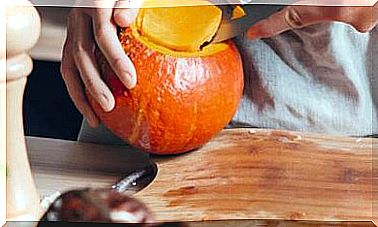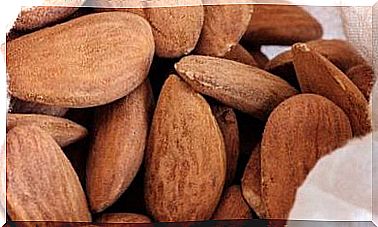2 Risks Of Sweeteners That You Did Not Expect
What if you took something with a purpose and what you achieved was just the opposite? Sweeteners sweeten without adding calories, but if they are abused, the body ends up paying a price anyway.

Sweeteners are sweet substances with little or no calories used as an alternative to sugar. But not everything is the same. Each sweetener is a different chemical compound and its behavior varies in the body.
However, a suspicion falls on everyone: that they deceive the body and that has its consequences.
1. Instead of losing weight, they make you fat
When we take a sweetener, the body associates the sweet taste with the calories. In response, the production of the hormone insulin increases and the appetite is stimulated. The consequence is that they can cause weight gain, just the opposite of what they are trying to achieve with their consumption.
We can offer at least two proofs of this phenomenon. The first is that farmers use sweeteners such as saccharin to promote fattening.
The second is the study carried out by Dr. Steven Stellman, from Columbia University (United States), with 80,000 women and that associates the consumption of sweeteners with weight gain.
2. They alter your gut microbiota
One of the metabolic processes altered by sweeteners has to do with the intestinal microbiota.
A study carried out with mice by researchers from the Weizmann Institute of Science (Israel) found that saccharin, sucralose and aspartame cause changes in the composition and behavior of the intestinal flora that are related to the tendency to obesity.
The most controversial sweeteners
Specifically, aspartame has been linked to different symptoms, such as headaches, memory loss, vision disturbances, and hyperactivity. In animal experimentation, it has caused cancer of the brain, lymph nodes and urinary tract. But other studies have not confirmed these suspicions and there is no scientific consensus.
As for saccharin, the most popular sweetener in recent years, it has a controversial history. In animal experimentation and in high doses it has been associated with bladder cancer, but the results have not been considered extrapolated to humans.
The dextrose, meanwhile, is a form of glucose, a natural sugar obtained from wheat or corn.
The conclusion that we can draw from all these data is that, in general, it is advisable to avoid sweeteners, especially the sweeteners that have more studies against them : aspartame (E951 and E962), acesulfame (E950) and cyclamate (E952) .
However, safer sweeteners such as steviosides (E960) or stevia powder can occasionally be used in small amounts.
How to replace them
As a general rule, it is advisable to moderate the presence of sweet taste in the diet, even if it comes from natural substances such as whole cane sugar, honey or agave syrup.
The pleasure that this flavor provides can be obtained in a healthier way from certain foods. You can sweeten with whole fresh fruits, dried or vegetables like carrots. All of these foods are sweet and also provide a good dose of minerals, vitamins, and fiber.









